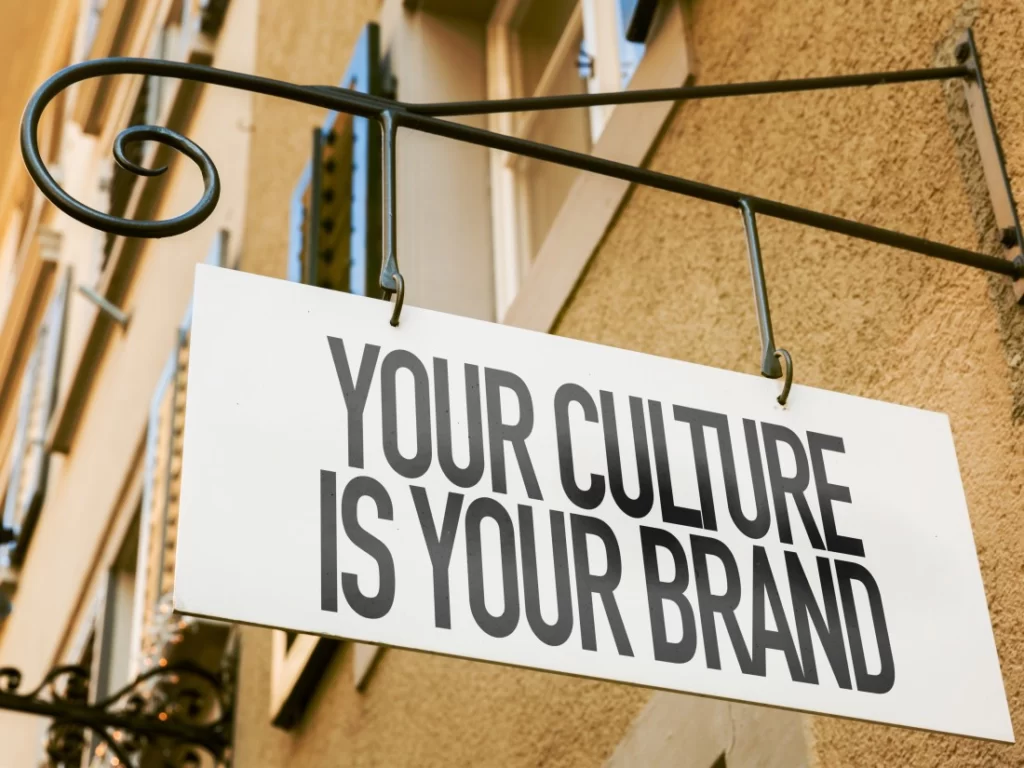Organisational Culture
Introducing the Issue
Is your workplace a happy and productive one? This will depend highly on your culture, which can be perceived as ‘the way we do things around here.’ Culture includes the behavioural norms that employees tend towards, the environment they work in, and how they behave towards one another and to other stakeholders such as suppliers and customers.
How is your company’s Organisational Culture?
What is your company culture like? Does the whole team love their work and turn up to do their best every day, or are things not quite as simple as that? While most unlikely, culture may be an issue that you need to worry about right now. We’ve developed benchmarks that attempt to define Poor, Okay, Good and Excellent company performance standards on organisational culture.
You are invited to assess your business against these benchmarks, for free and without obligation.
Organisational Culture
Follow this link to:
1 – choose your score
2 – add a few lines by way of explanation to describe your policies and practices
3 – enter your email address so that we can get back to you
4 – submit
Nothing you submit will be published or shared.
Exploring the Issue
An organisation’s culture can be described as the dynamics between a group of people and the sum of the perceptions, beliefs and values the group possesses.
Culture is what it feels like to be somewhere – it isn’t always a tangible thing something you can put your finger on. Because of this, organisational culture is curious, complex and in many ways ambiguous. But it is also the single most important attribute of any business or organisation and the most critical determinant of morale, cohesiveness, effectiveness and future success. Those who are aware that ‘culture eats strategy for breakfast’ treat it with due care and attention, and invest in it on an ongoing basis. Where culture is neglected, employees will be neither happy, engaged nor empowered. And where this is the case, any kind of progress on any responsibility issue is an uphill battle at best.
The culture of a workplace is likely to change over time as its leaders, the organisation itself and its business environment change. The aim of defining a required culture is to support the delivery of the agreed business aims and objectives and, as such, there is no single culture definition that every organisation should adopt. The key is that it must link to what the organisation is trying to achieve and create a clarity for everyone across the business as they carry out their every-day duties. Through this, it is then more likely to support the delivery of the organisation’s objectives.
Definitions
Corporate culture refers to the values, beliefs, and behaviors that determine how a company’s employees and management interact, perform, and handle business transactions. Often, corporate culture is implied, not expressly defined, and develops organically over time from the cumulative traits of the people that the company hires. A company’s culture will be reflected in its dress code, business hours, office setup, employee benefits, turnover, hiring decisions, treatment of employees and clients, client satisfaction, and every other aspect of operations.
Links & Further Resources
ARTICLES

How Leaders Can Build a Sustainable Business Structure
Forbes
Forbes gathered members from their business council to provide effective tips to improve the foundation of your business.

The Importance of Organizational Culture
The Happiness Index
This article dives into characteristics, importance, and cultivation of organisational culture.

7 Companies with Great Culture in 2023
Workhuman
Learn more about what common practices lead to a successful company culture and examples of some of these success stories in this article.
RESOURCES

Organisational Climate and Culture
The Chartered Institute of Personnel and Development
This page can be used as a resource on what organisational culture and climate looks like and how companies can work to improve it.
